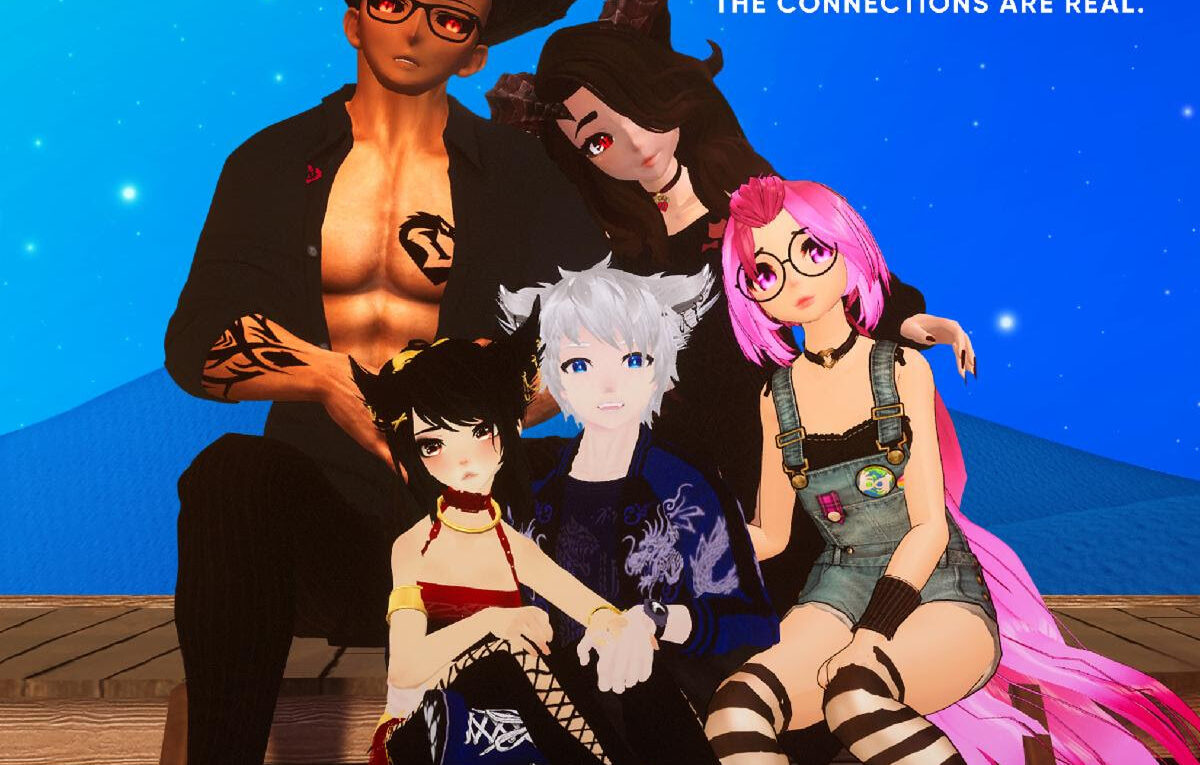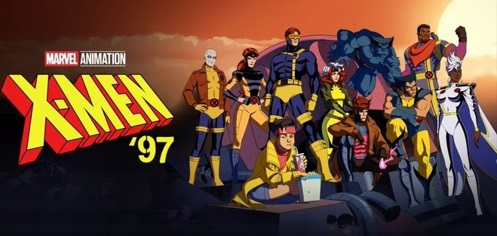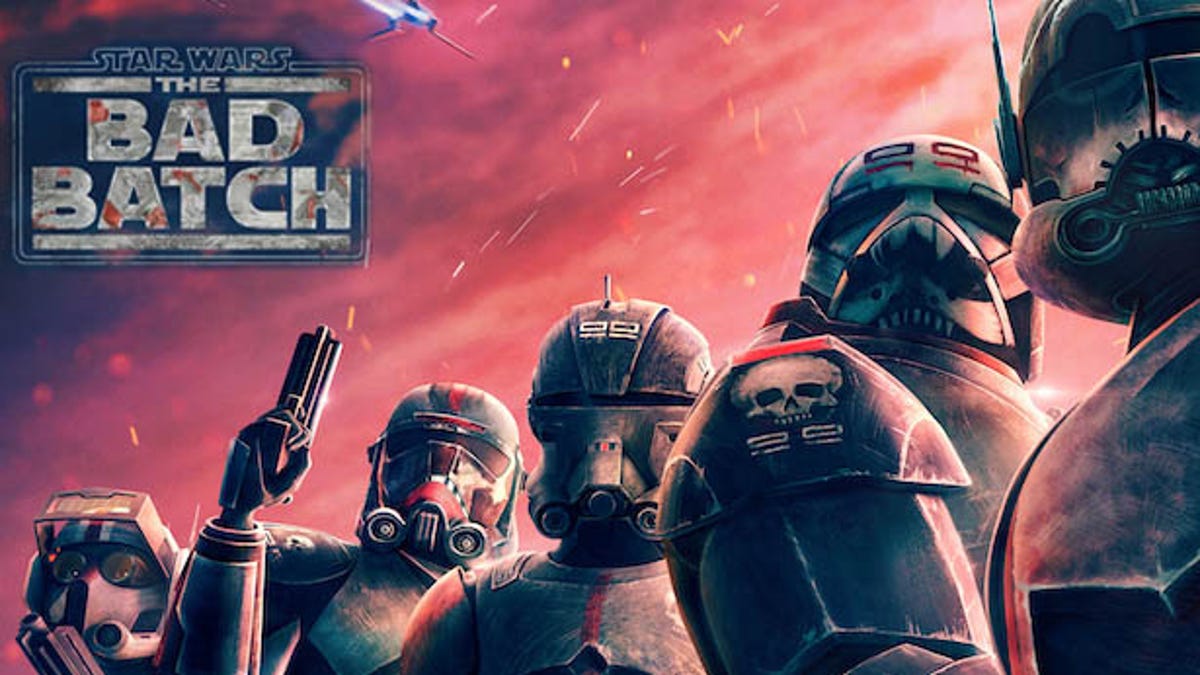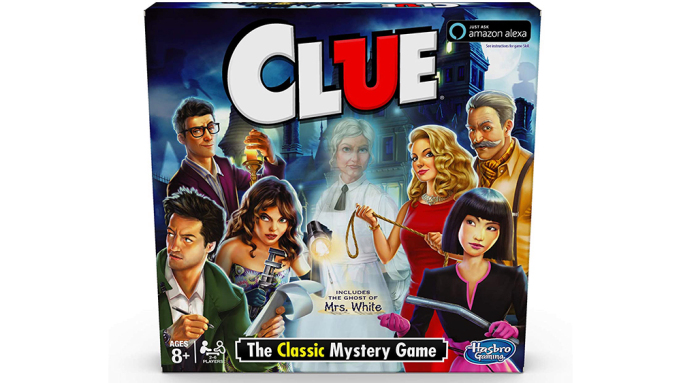Review: We Met In Virtual Reality
The execution of virtual reality since the 1950s hadn’t really caught on until the advent of broadband internet availability but that doesn’t mean there haven’t been attempts. I recall playing Virtual Boy Wario Land when it first released and complaining of neck pains almost immediately, but gaming seemed to be the primary application in which most developers were looking to go hard in which came to a head with the release of Pokemon Go. Mobile has had a huge hand in the affluence of burgeoning VR technologies including AR, mixed VR, and others. Then there’s the other end of this spectrum, consoles. I certainly recall PlayStation trying their @Home service and other ideas like Second Life trying to create a more social experience for virtual avatars, but it was really MMORPGs where reports of human interaction would increasingly lead to love, marriage, and other foundations of communities.
Enter VRChat. An application that allows people to create avatars and pretty much go from there. Clearly taking the lessons of Second Life and other applications like it into it’s DNA, VRChat has amassed a community of over 40,000 users, and while not the sole reason, COVID-19 only exacerbated the need for virtual social communities that networks like Twitter, Facebook, and tiktok can only dream about. It’s the new private social network service that your parents have no idea how to use and your employers aren’t snooping in on. It’s the end of an era when VRChat was at one point considered a “game”, we’re now entering the rise of the “metaverse”.
For my money, VRChat seems to be the most established, enter in director Joe Hunting’s We Met In Virtual Reality. Less of a documentary about a game and really presented like an unscripted isekai documentary (complete with avatars, most of which take on the form of some sort of succubus or demon), We Met In Virtual Reality is less of a documentary about VR communities as it is the people in these communities. During the course of the 90-minute film, Hunting introduces us to Jenny, an American Sign Language (ASL) teacher, dedicated to building a welcoming community for deaf and hard of hearing VRChat users, and two long distance couples growing their relationships in VR as they prepare to meet physically – DustBunny; a fitness dance instructor building a career in social VR dance classes and her partner, Toaster; and DragonHeart & IsYourBoi, a couple who met through an exotic VR dance community where they are both performers.
Hunting has been doing VR docs for a while now, comprised of mostly shorts and quarter-hours that you can watch here. Clearly, Joe’s been doing this longer than just about anyone, and as such, is no surprise that is direction is much more sophisticated than even some of the top-notch machinima that can be found even on some premium services. But what Joe does so well is make the viewer beyond invested in characters even beyond the avatars, almost like in a 90 Day Fiance way where you latch on to a couple and you want to see if they are going to make it. Yes, animated docu-series are a-plenty, but are typically scripted because animation producers have to follow along with whatever spoken word is being dictated during a confessional, albeit the dialogue is unscripted, but the animation isn’t. We Met In Virtual Reality gives us the first truly unscripted animated docu-series, seldom featuring any games being played on VRChat, and instead focusing on the communities that have developed over time. World of Warcraft, even at its peak, may have had relationships developed from the popular MMORPG, but other than raiding dungeons, interaction was very much in its infancy. VRChat knocks those walls down.
Joe Hunting takes viewers through the looking glass in the most compelling look at the future that is in the same league of importance as Jurassic Park or Space Odyssey: 2001. There are a number of sequences that are of true poetic brilliance and I hope Joe can continue to open up some of these wormholes as metaverses continue to grow and become more prevalent. Moreover, Joe may have activated the flood gates in what could be a number of original content productions and yet another industry disruption for the television industry.

























I'm hired!